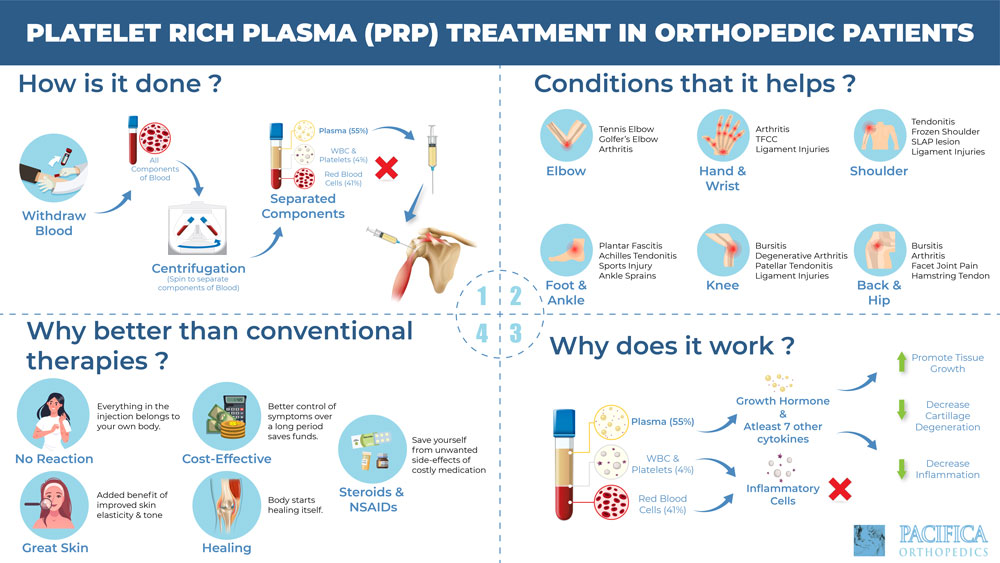The spinal cord comprises of major bundles of nerves that carry impulses to and from the brain to the rest of the body. The Central Nervous System is constituted by the brain and the spinal cord. The spinal cord extends from the base of the brain up to the waist line. The nerves that are attached to the spine are used in detection and reporting of effects like pain and temperature.
Trauma is the major cause of spinal cord injuries. Injuries sustained in accidents accounts up to half of spine injuries. Other forms of trauma include: falling from high places, violent behaviors like knife attacks and gun shooting to the spine, injuries sustained from sporting events such as soccer, high diving, horseback riding and rugby.
Contamination, inflammation or development and compression of tumors around the spine can cause spinal cord injury. Ballooning of the blood vessels, compression of a blood vessel or a prolonged drop in blood pressure may lead to spinal cord injuries due to inadequate supply of blood to the spine. A good supply of blood helps in delivering oxygen and other nutrients to the spine.
Having a smaller spinal canal,Stenosis, as compared to the normal size can cause spine injuries. Stenosis can be hereditary. A small spinal canal present at point of birth will cause symptoms in younger people. Stenosis can also be caused by bone enlargement and deformation whereby the bones encroach on the spaces I the spine. Fluoride being present in excess can cause stenosis because it calcifies spinal ligaments, which will squeeze and cut down the spine.
The symptoms of spinal cord depend on whether the injury is complete or not complete and where the spinal cord is really injured. I cases of persons who suffer from incomplete injuries the parts below the level of injury functions properly, whereas in complete injury cases, they have no function below the point of injury. Generally injuries to the spinal cord can cause weakness or complete loss of muscle functions below the level of injury. Bladder and bowels control are also lost.




0 Comments